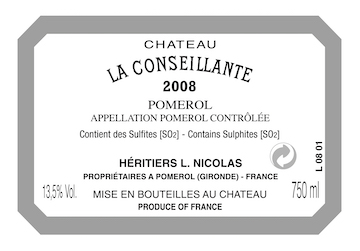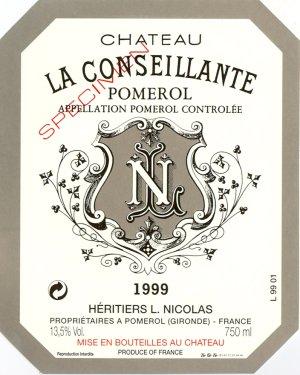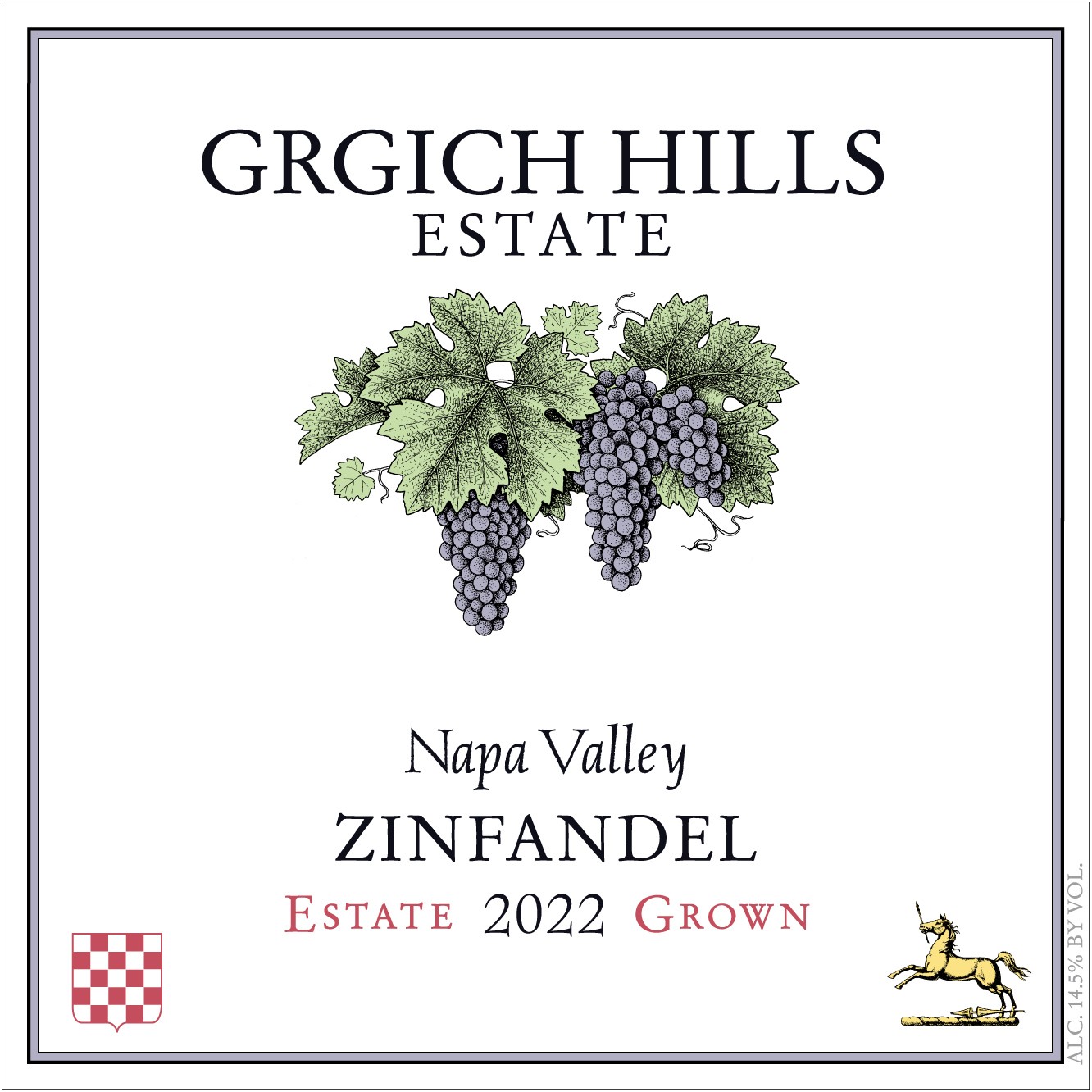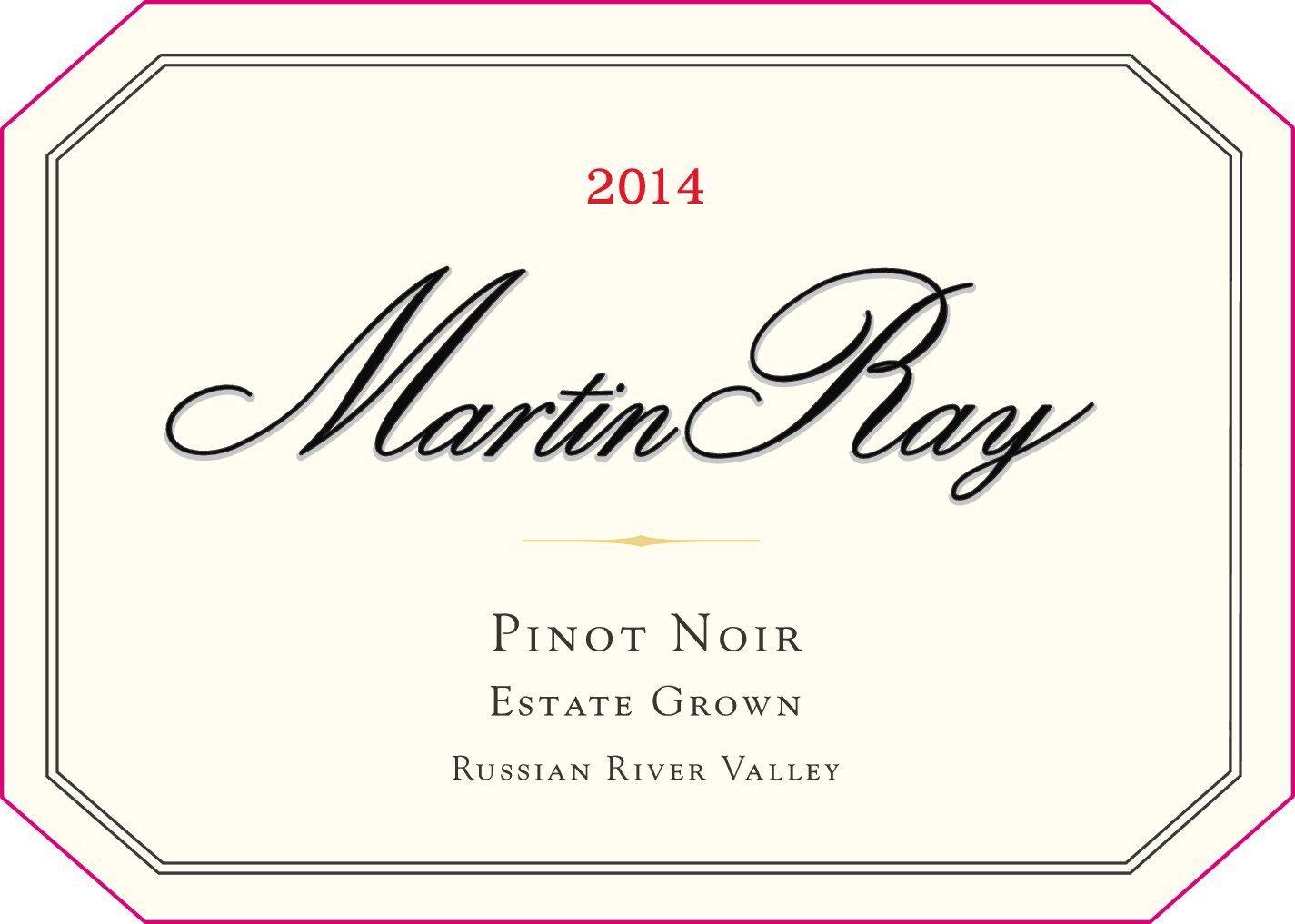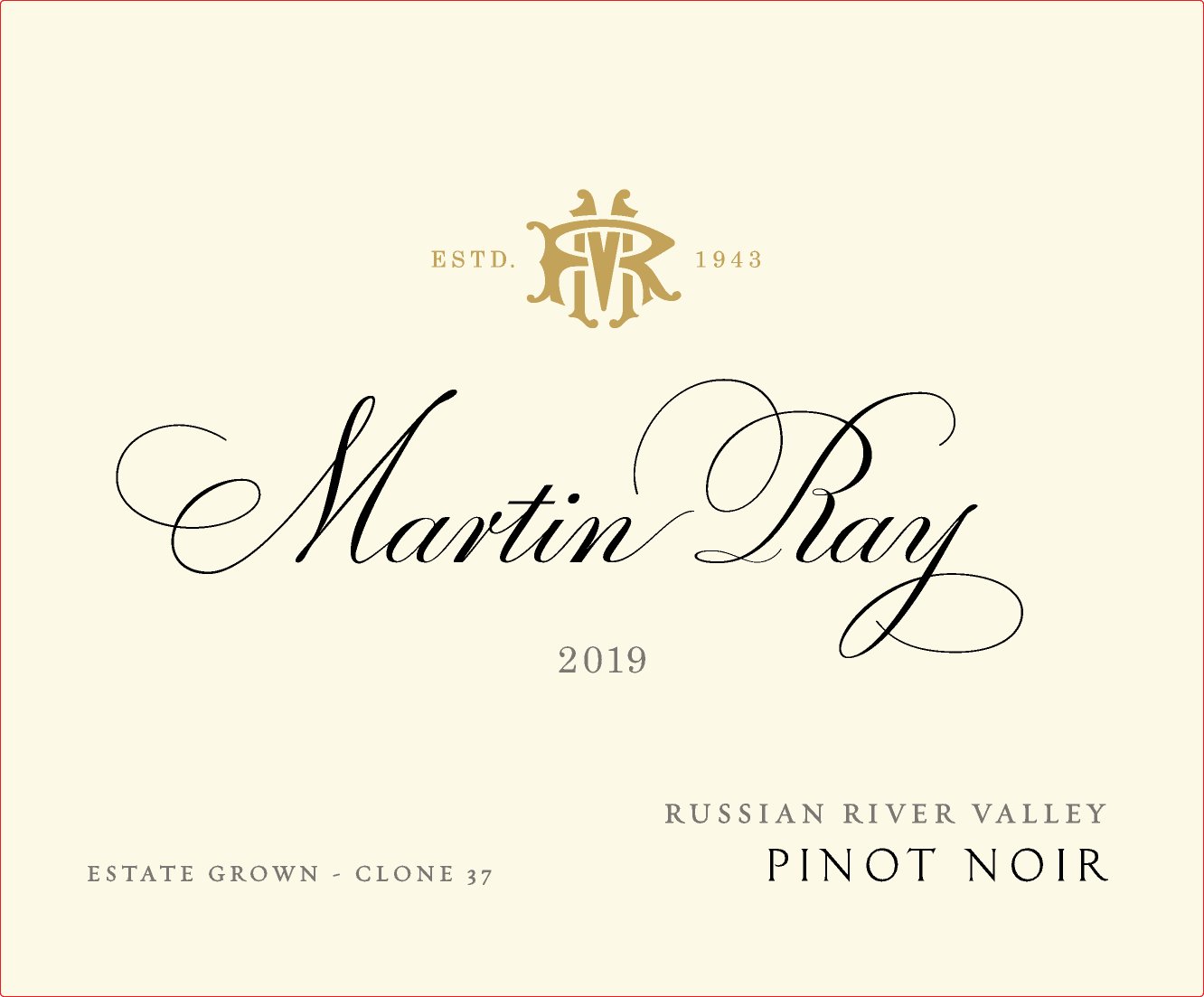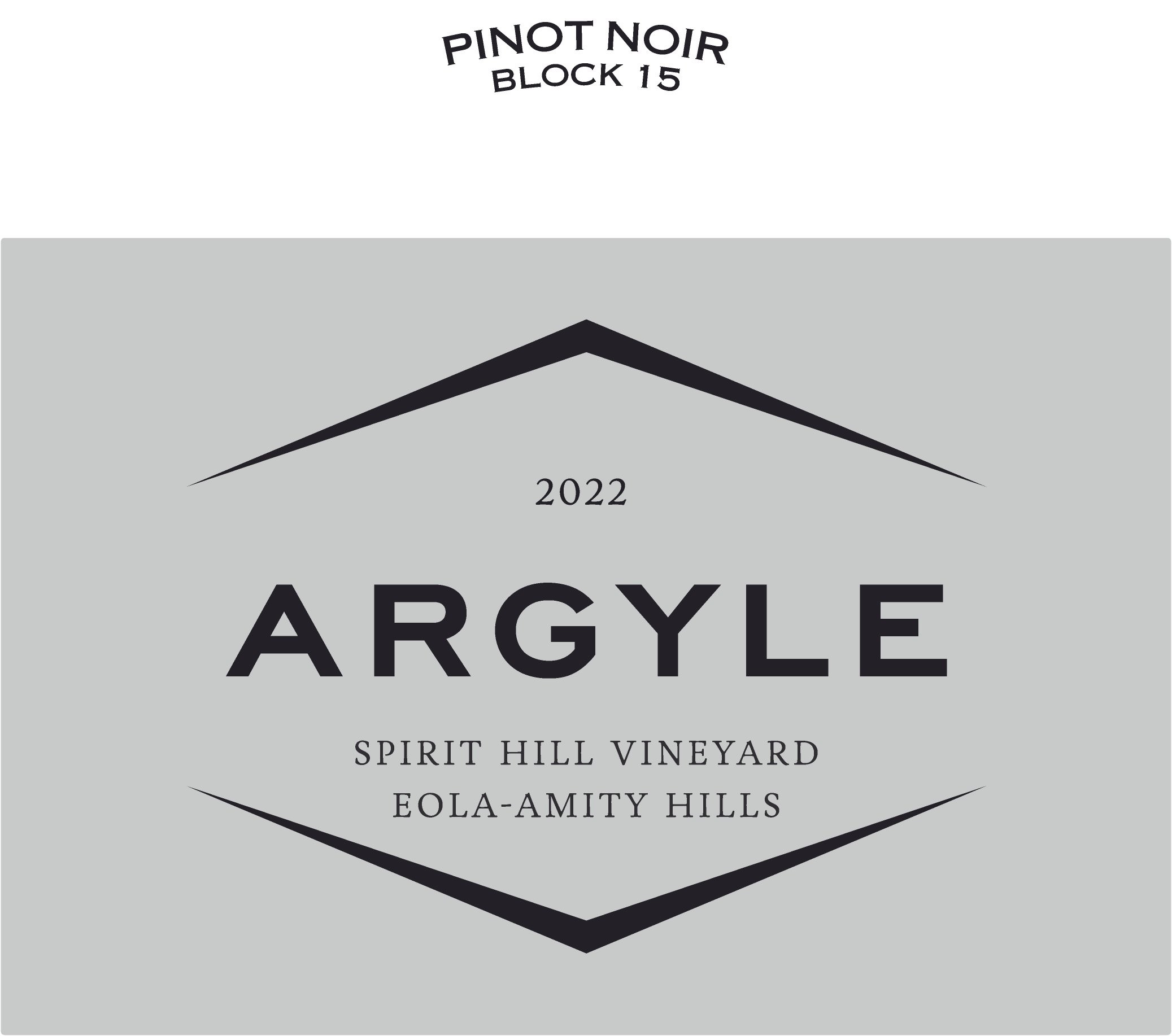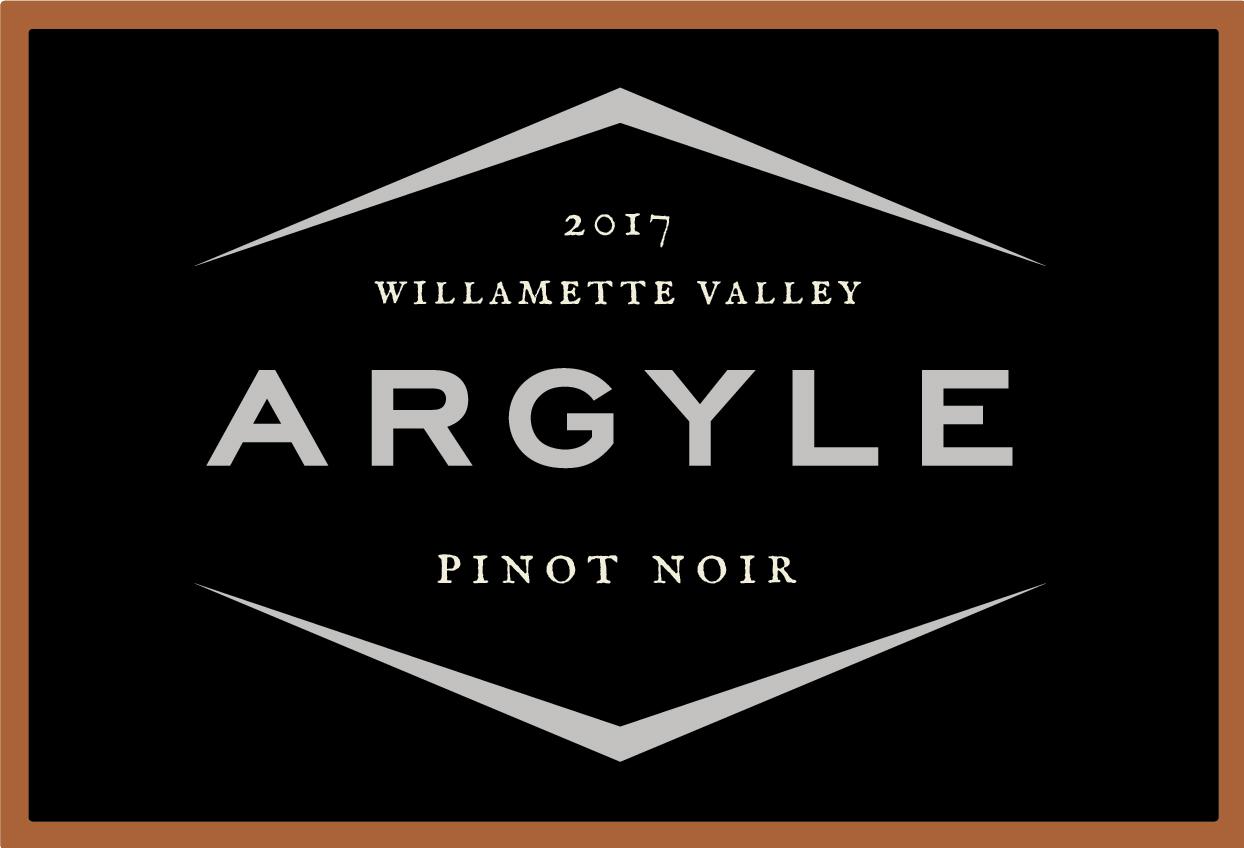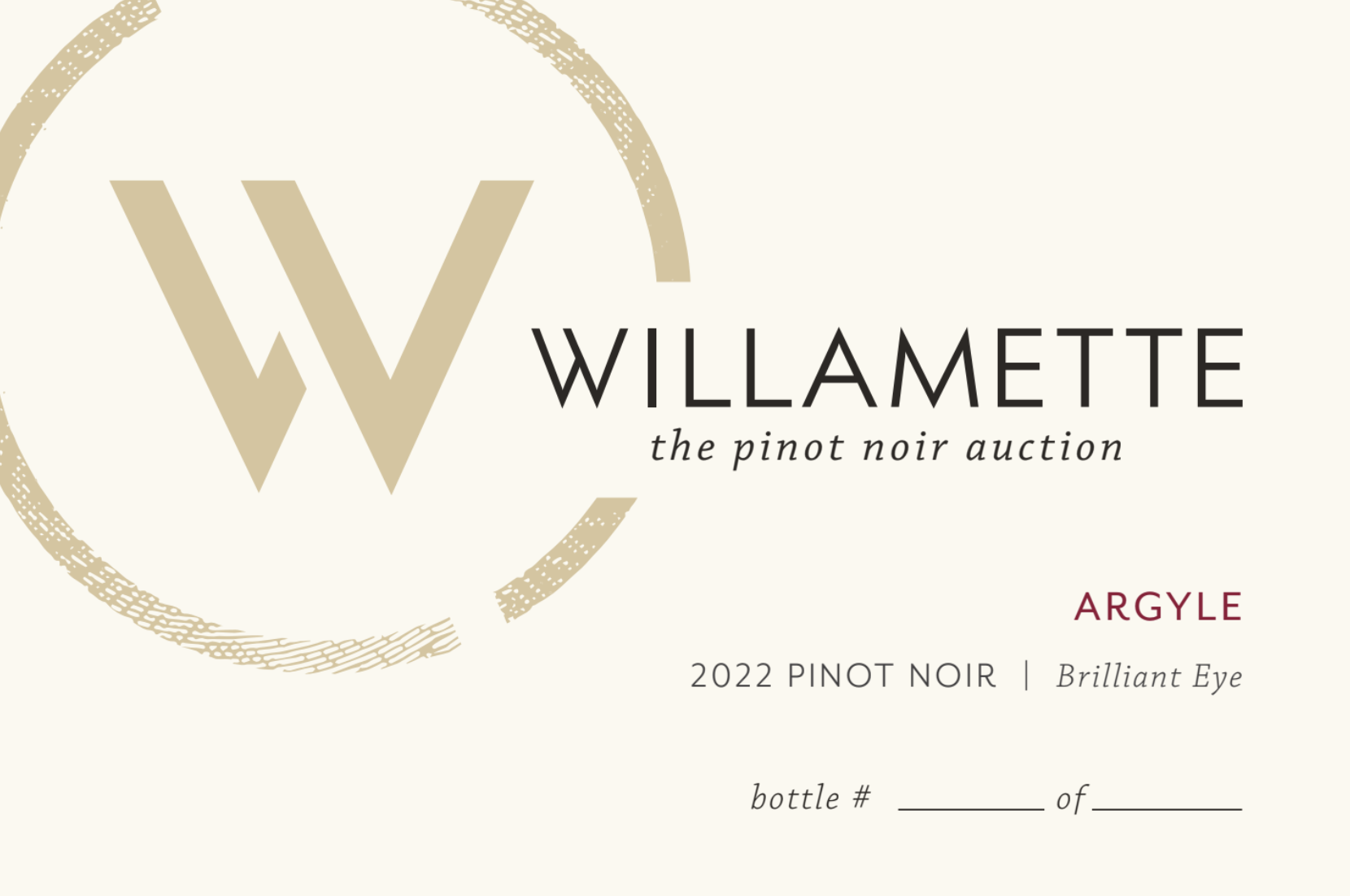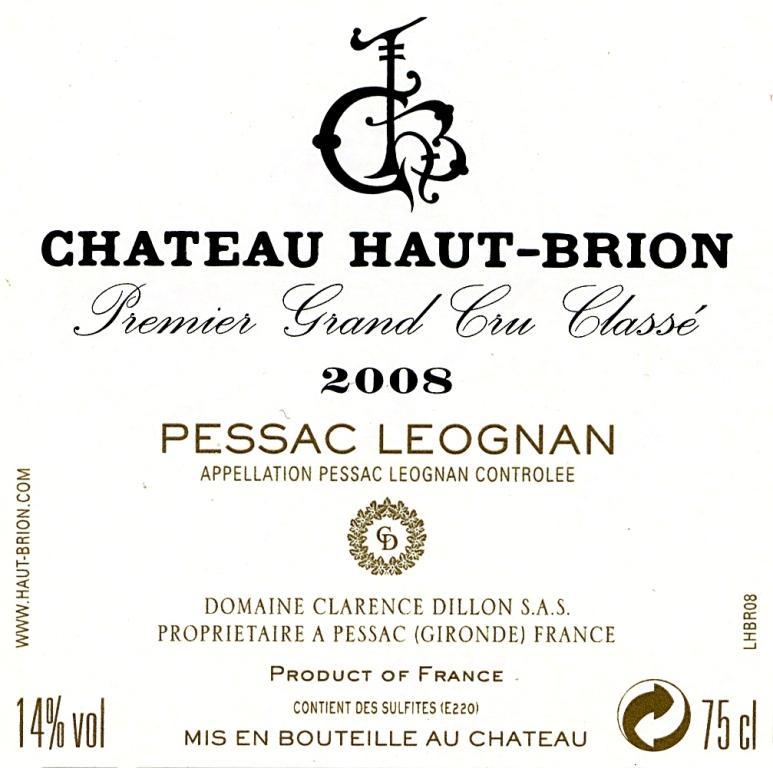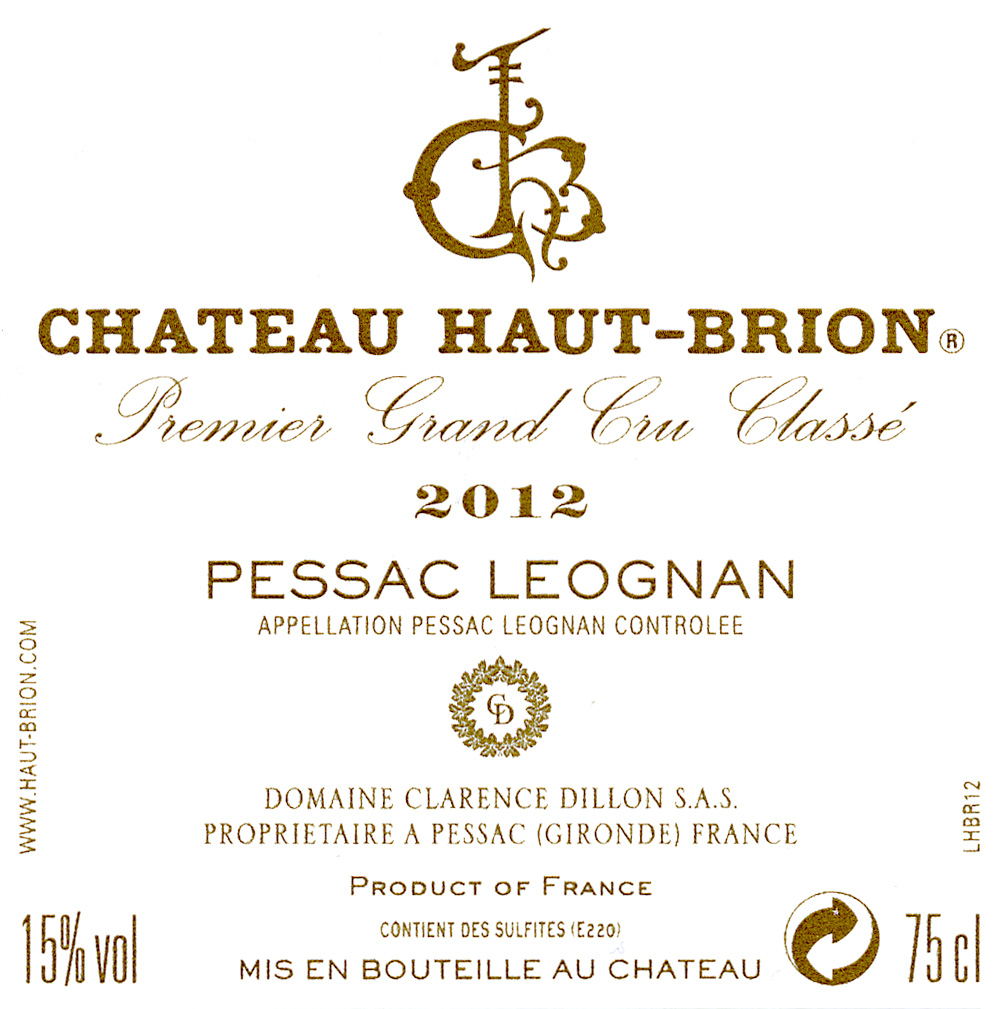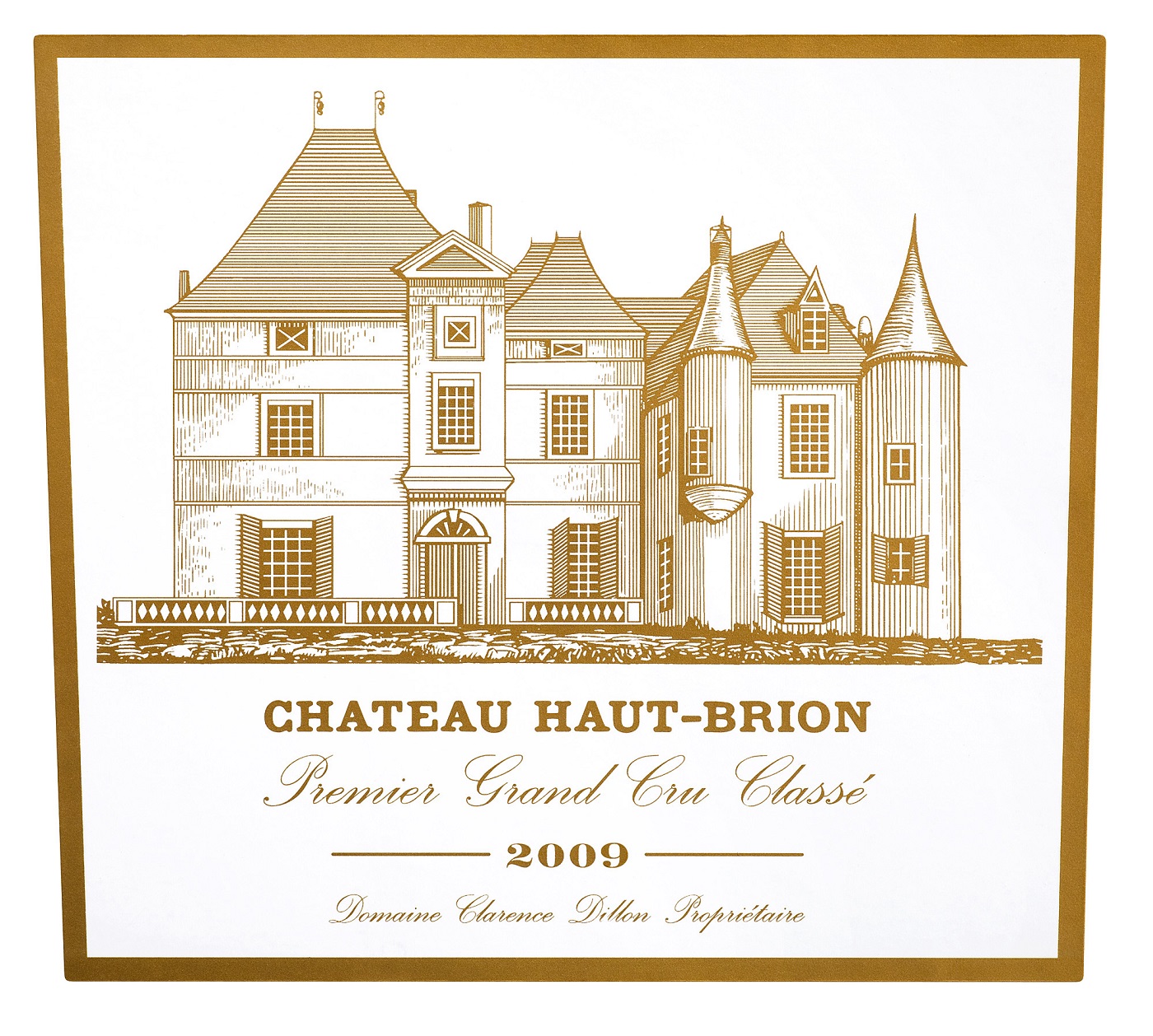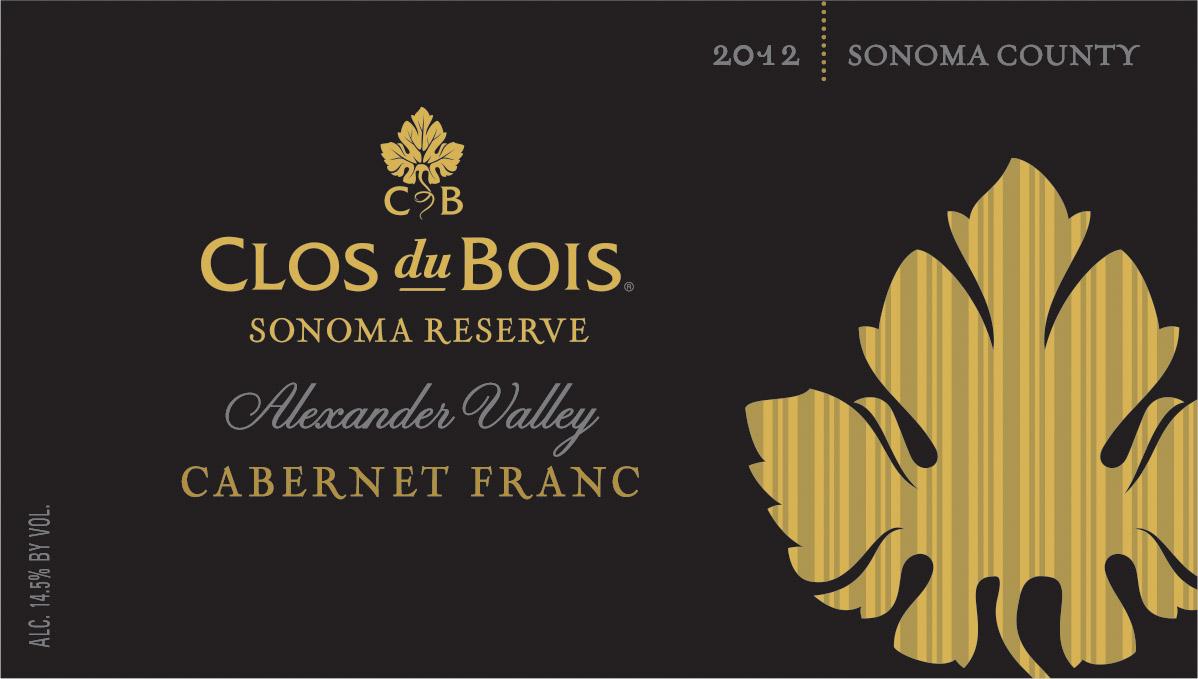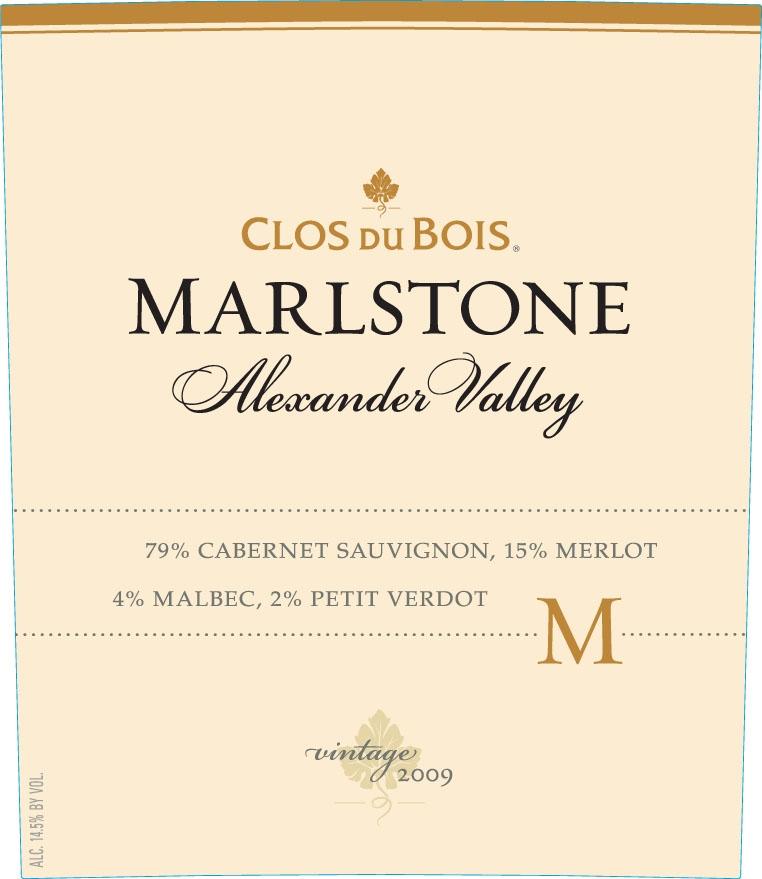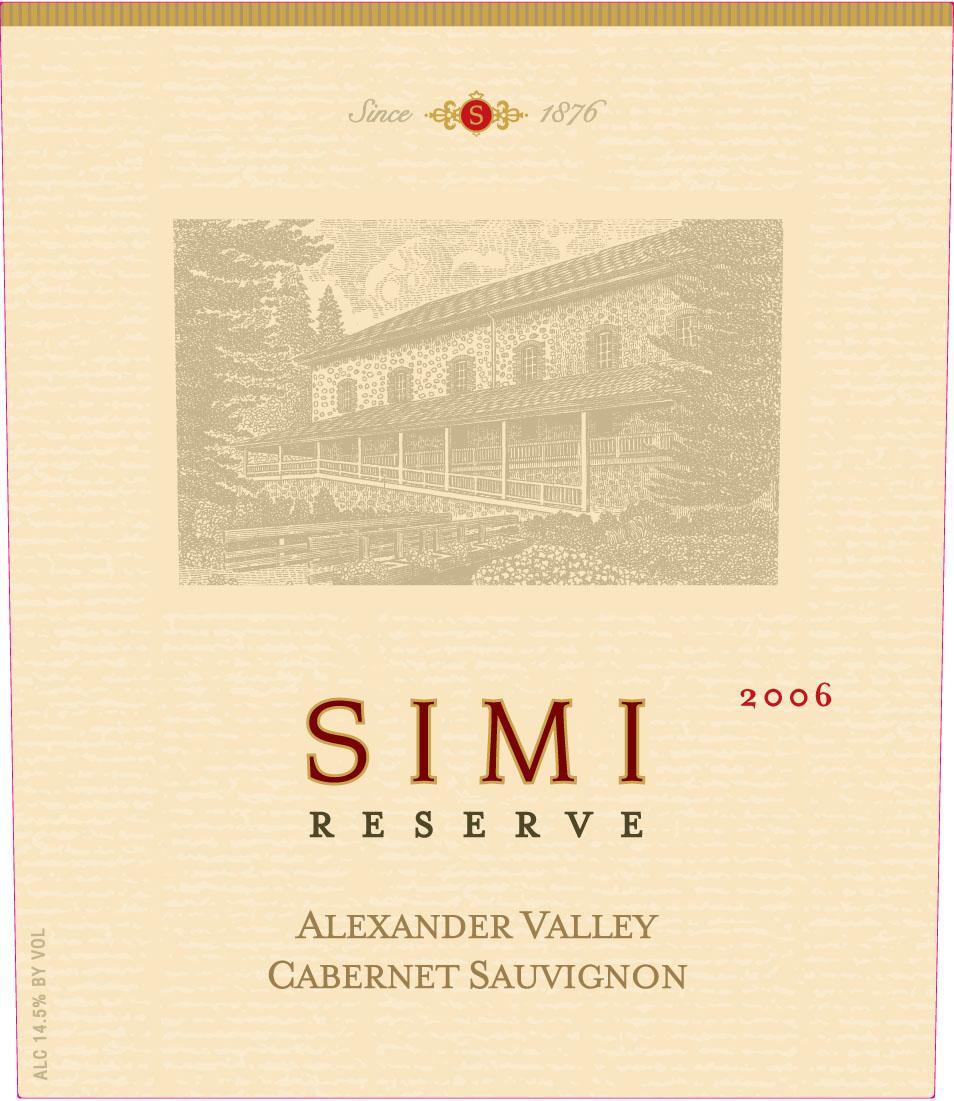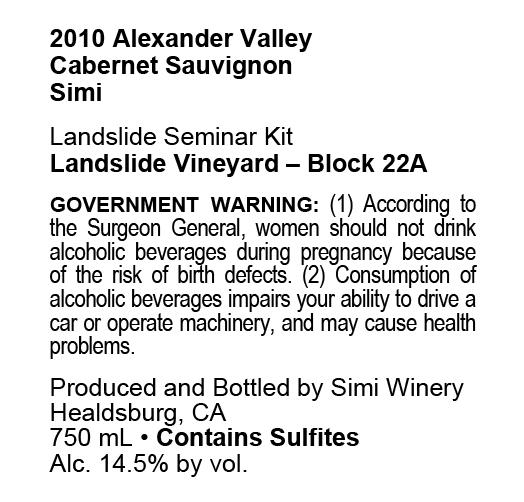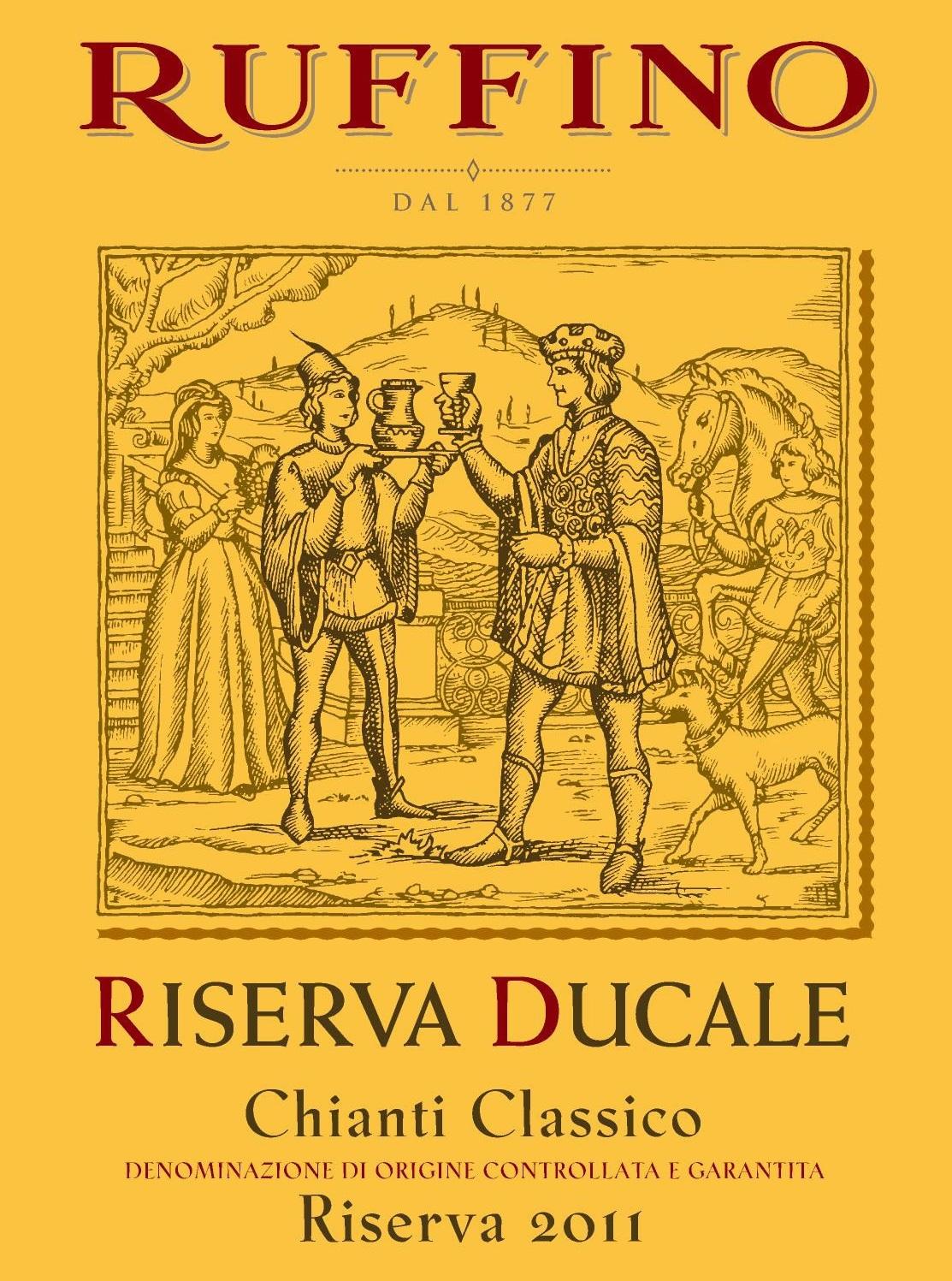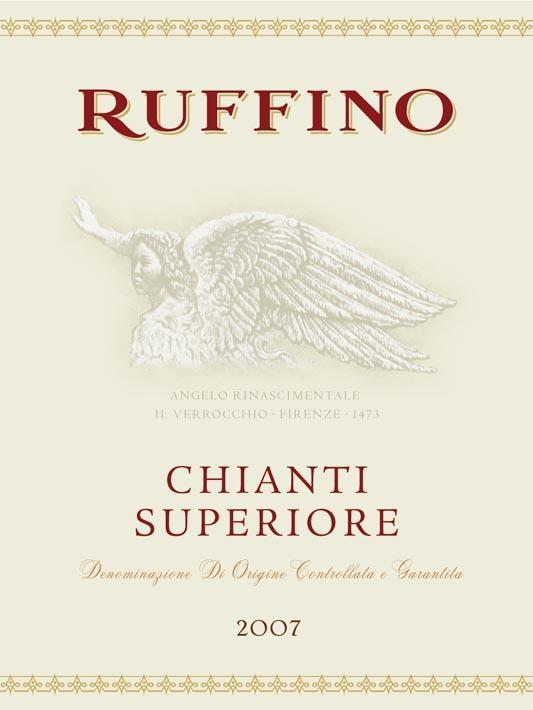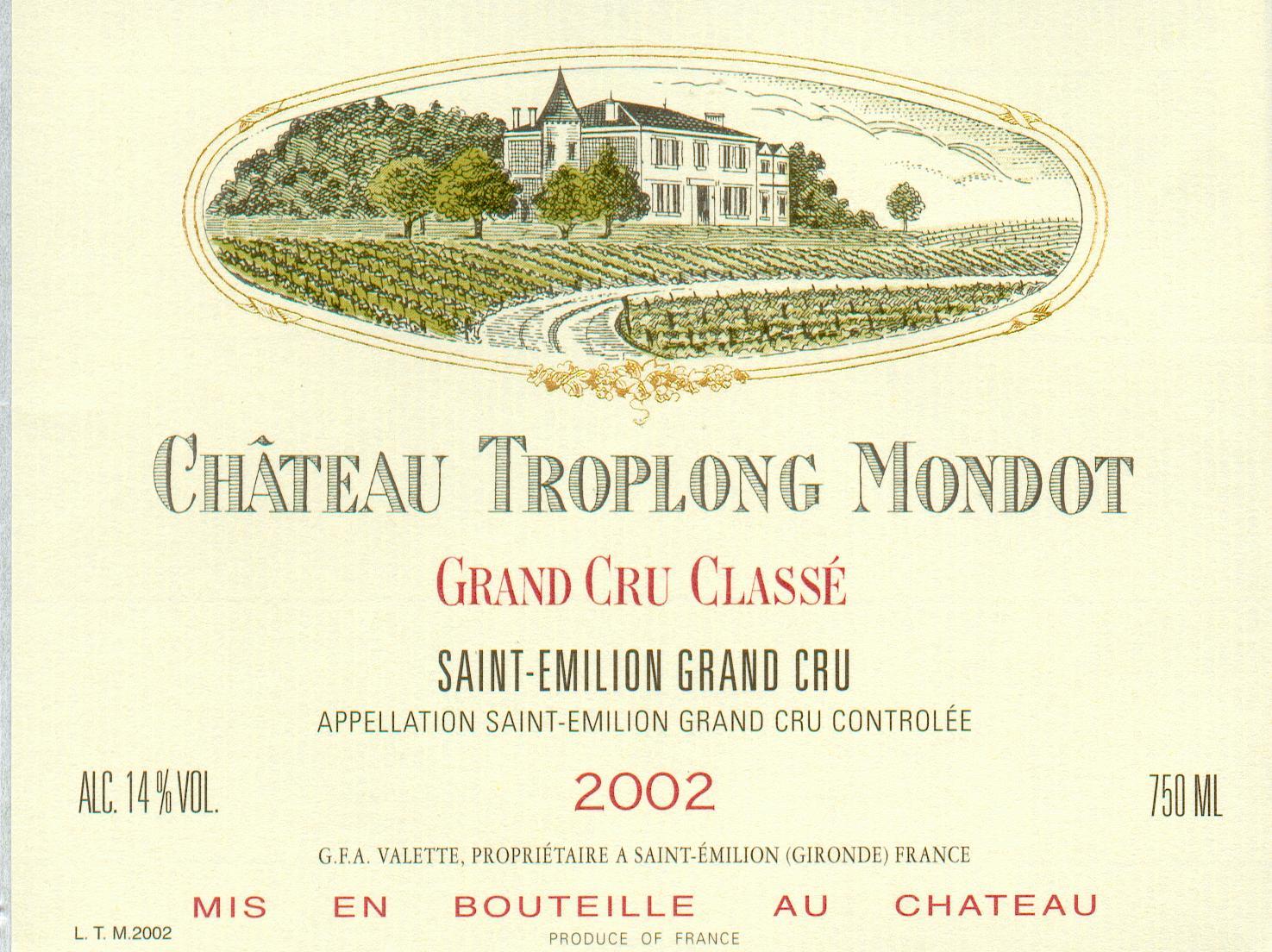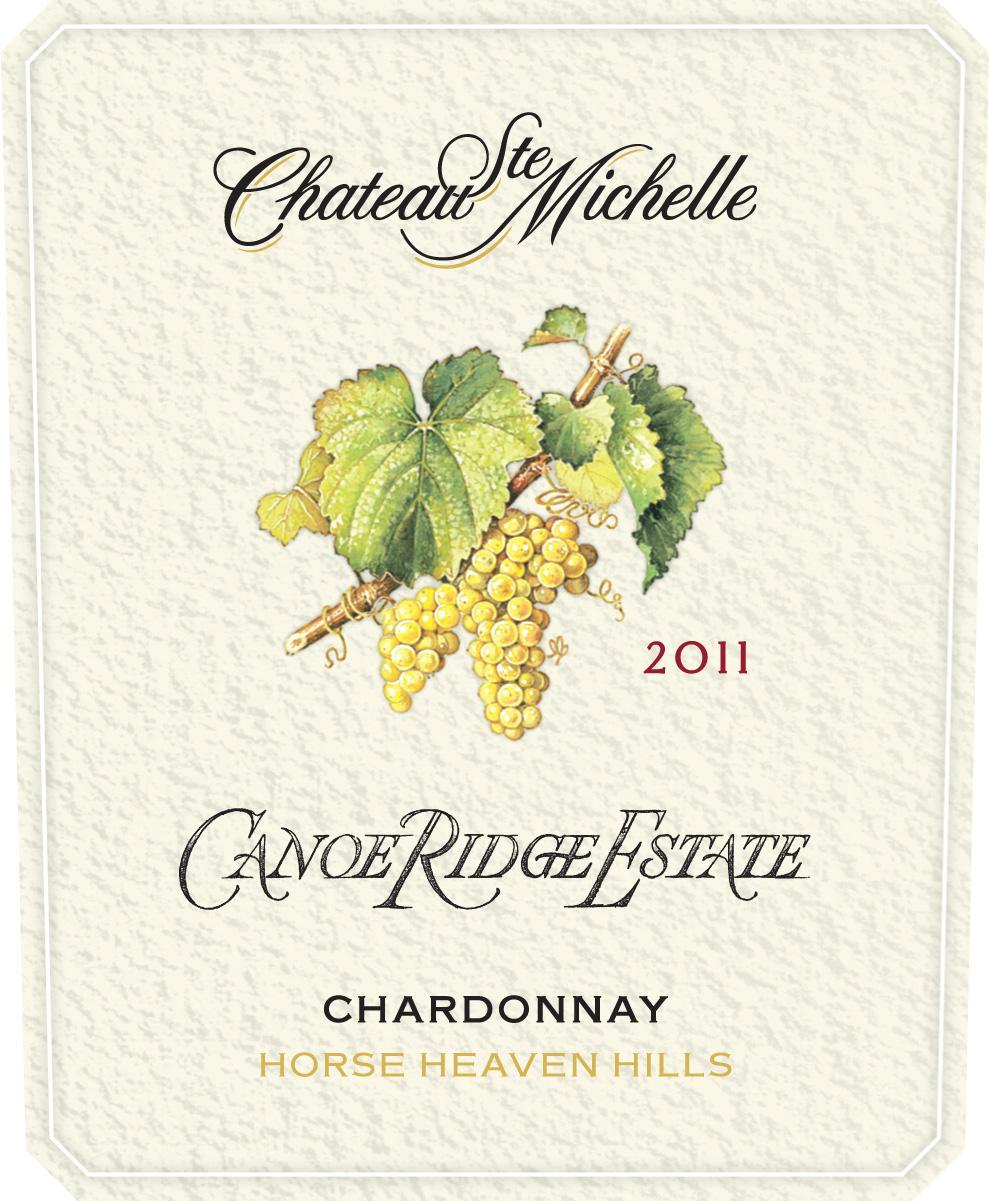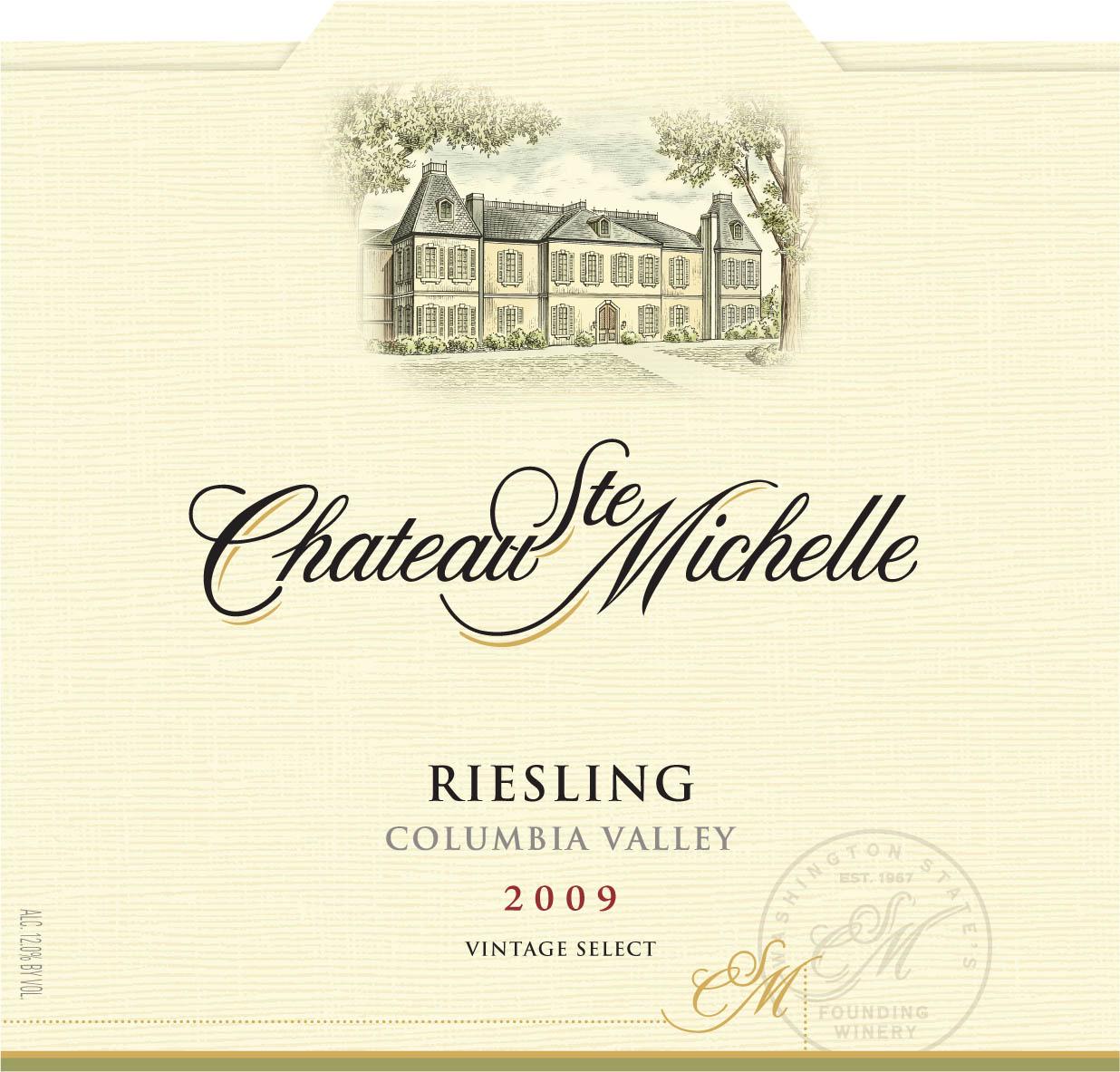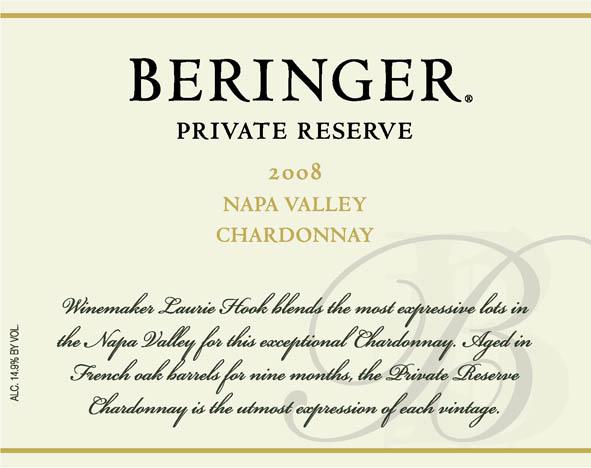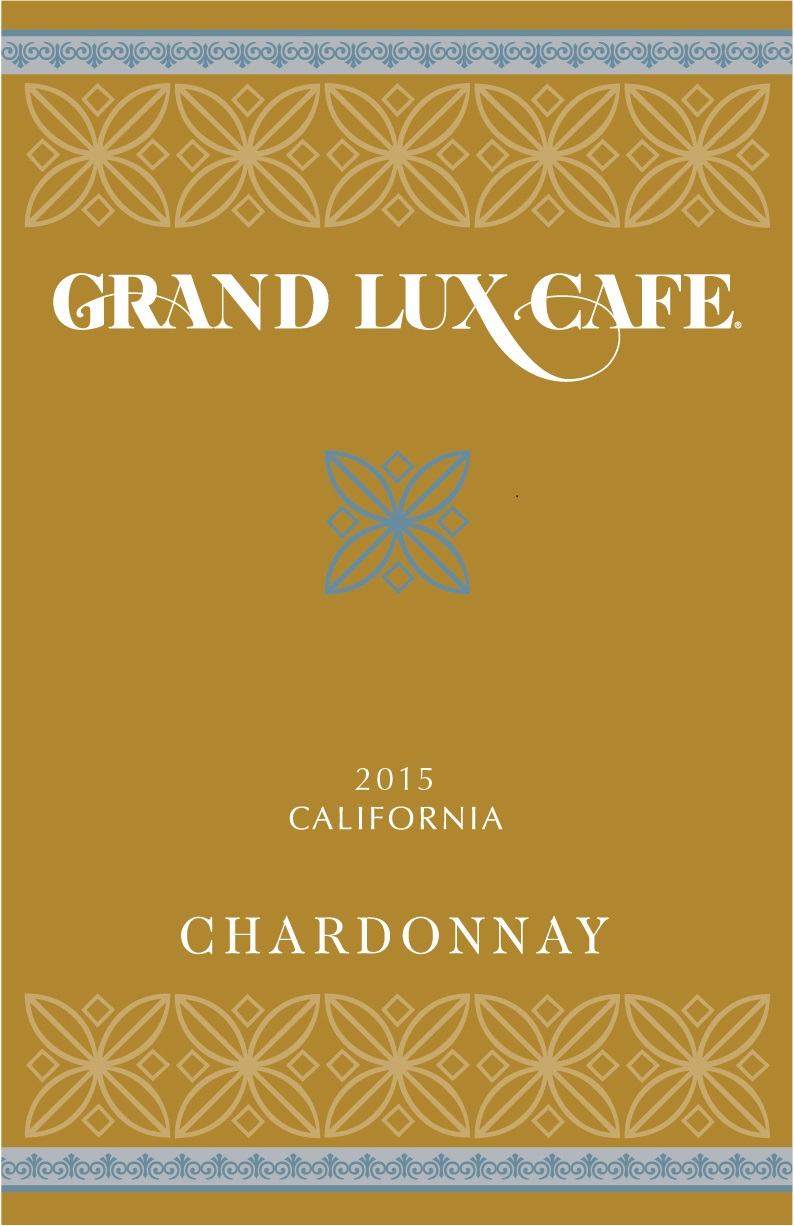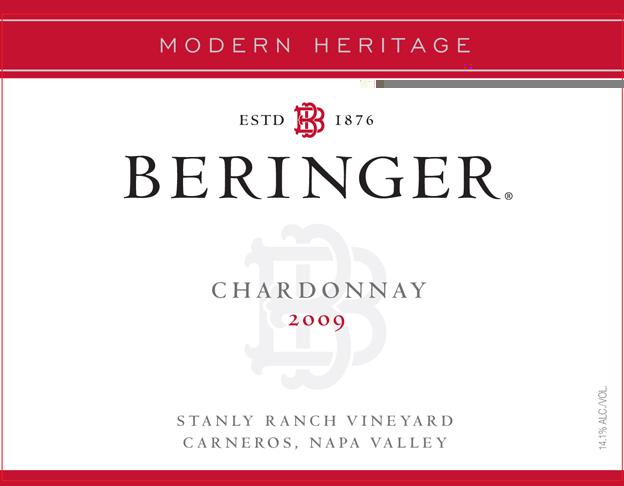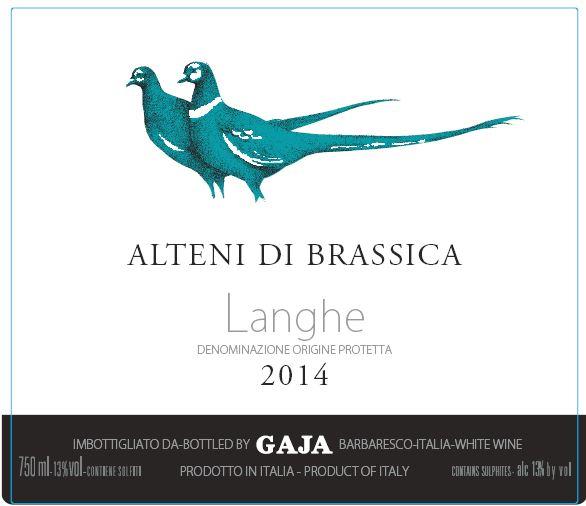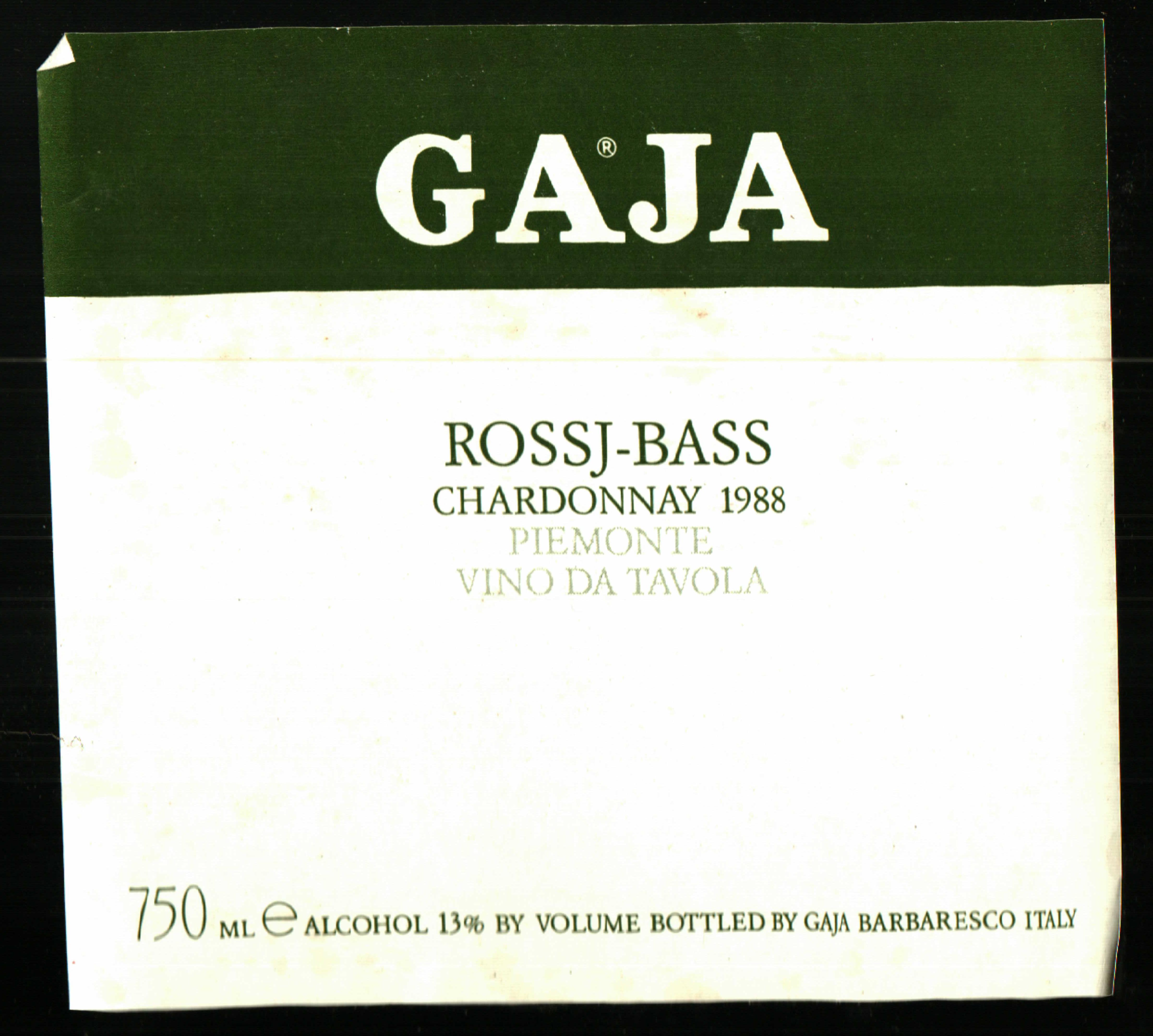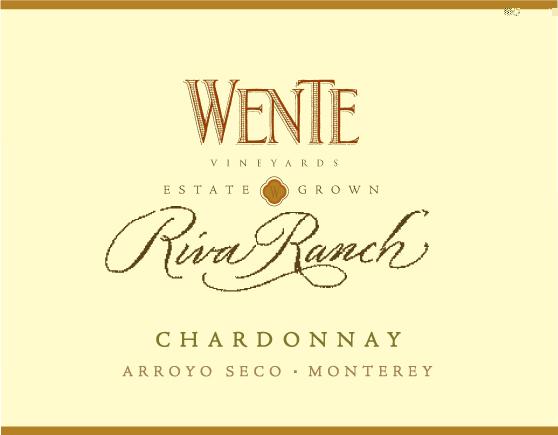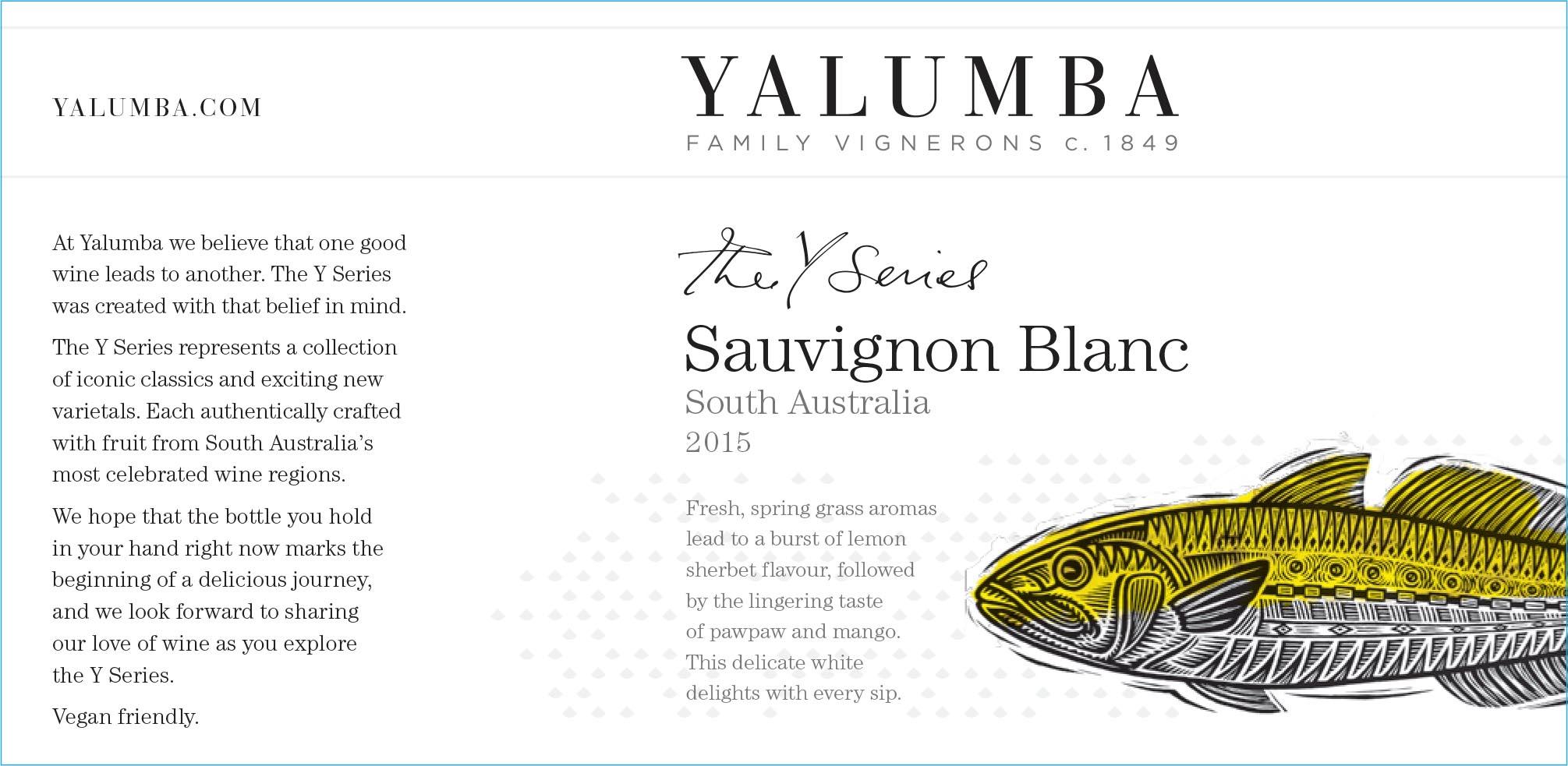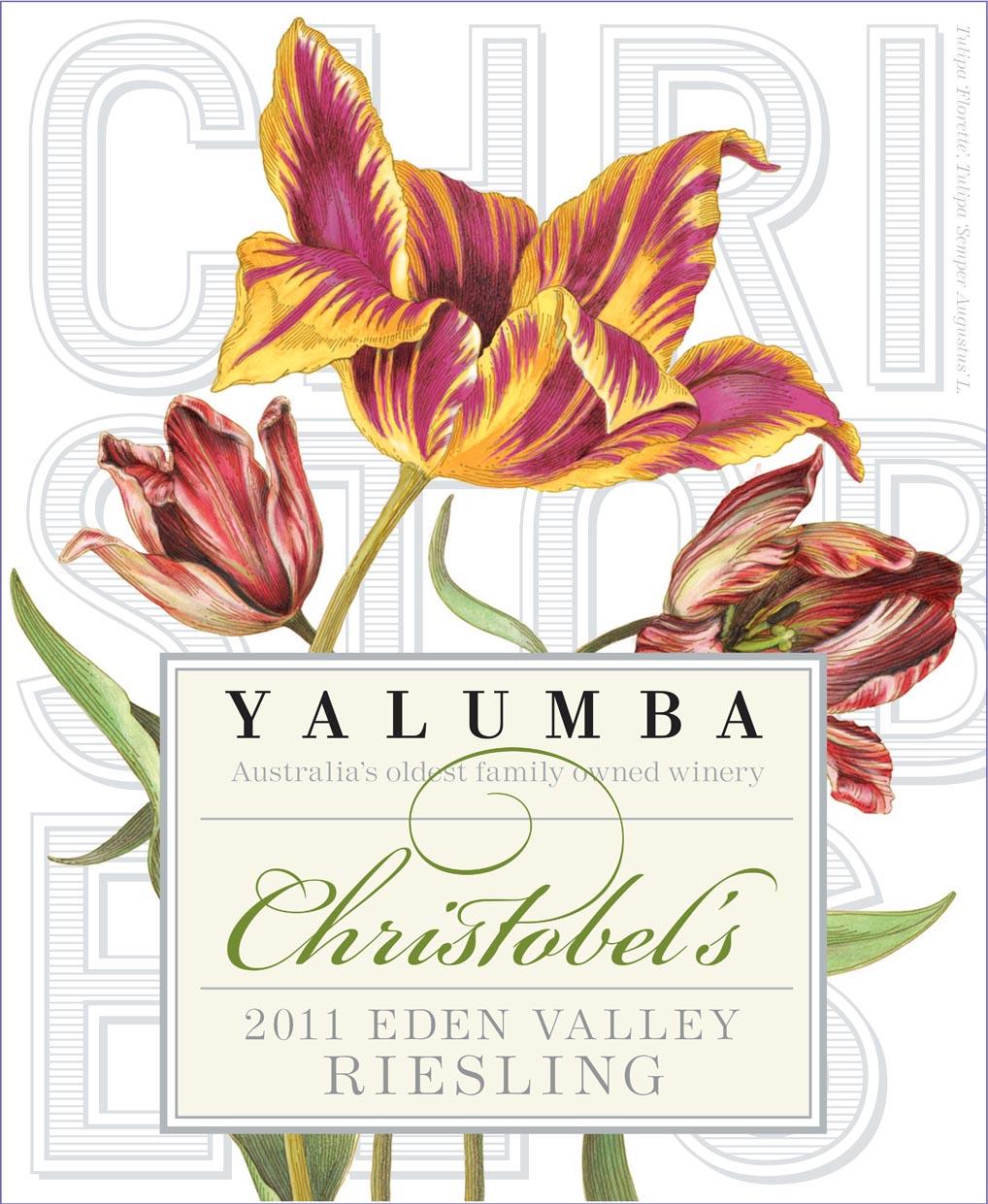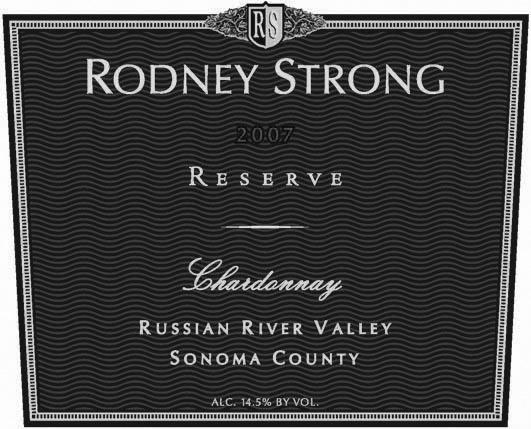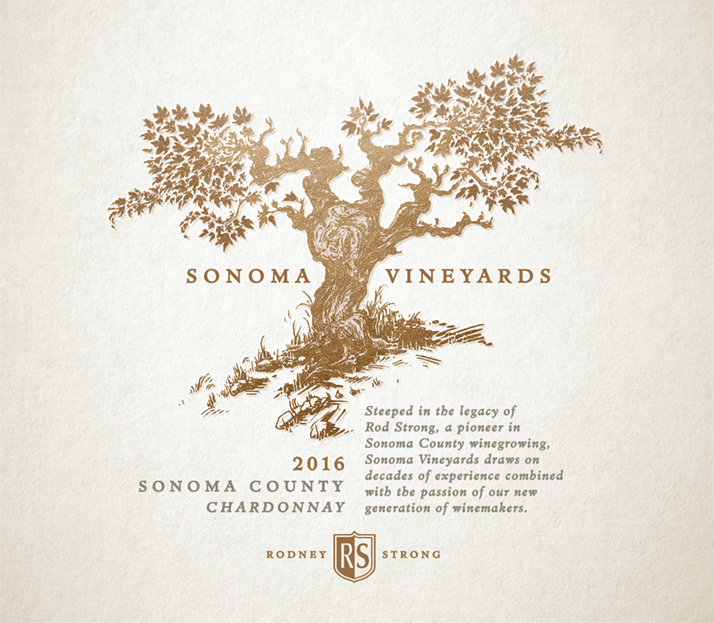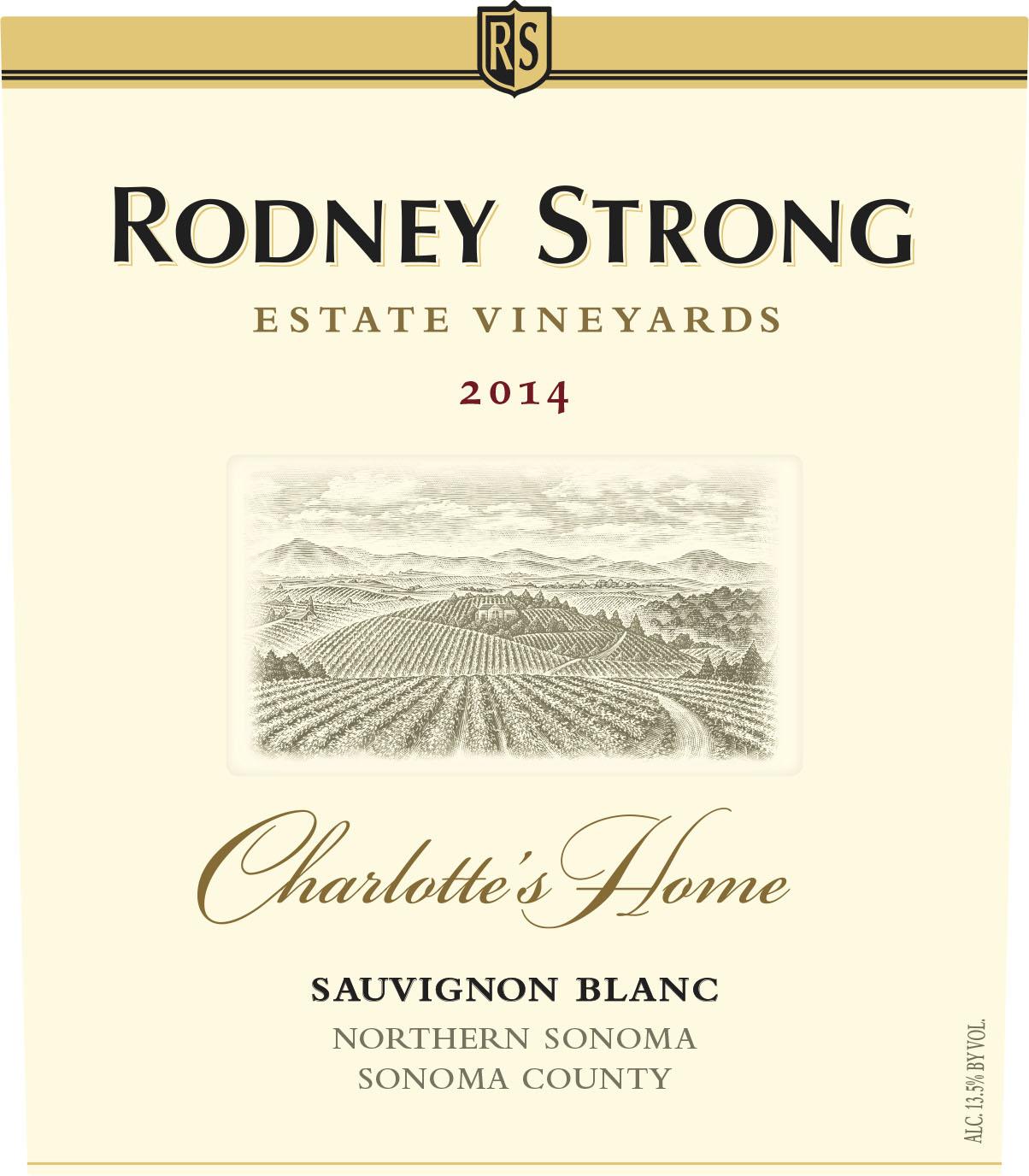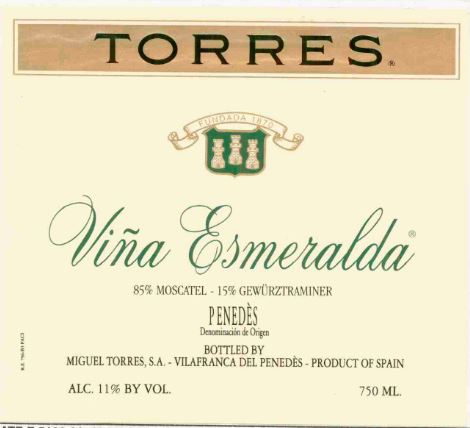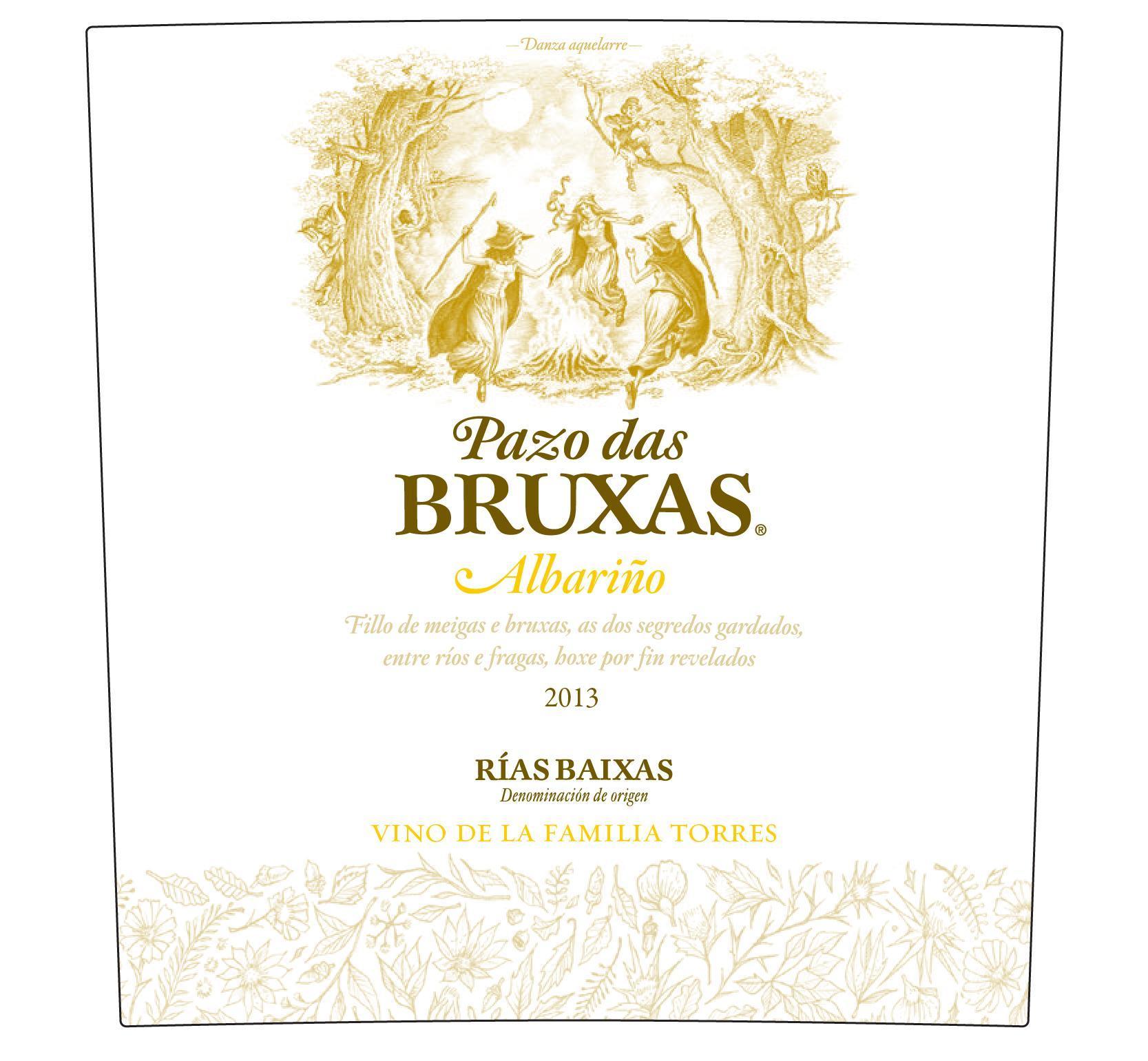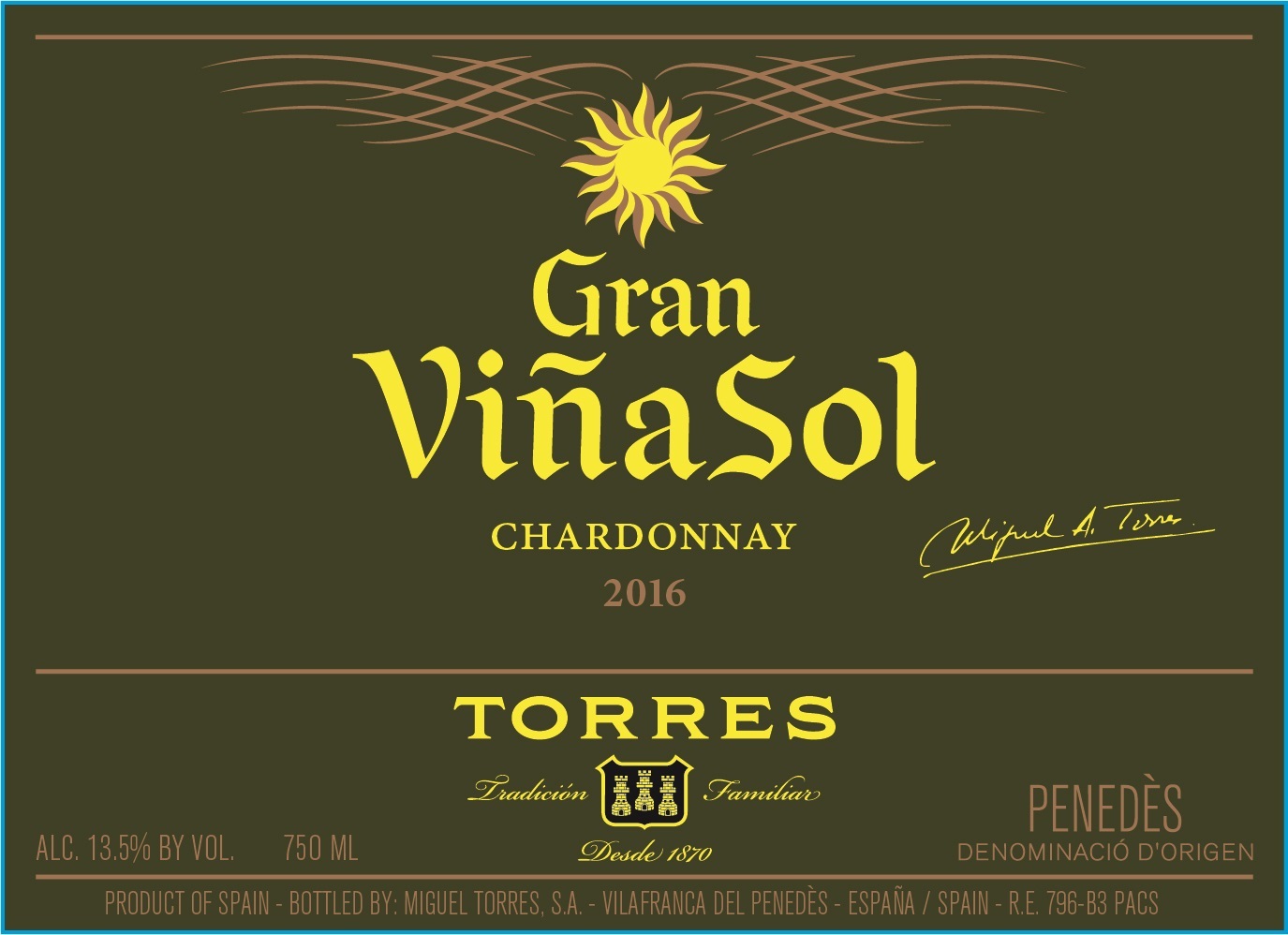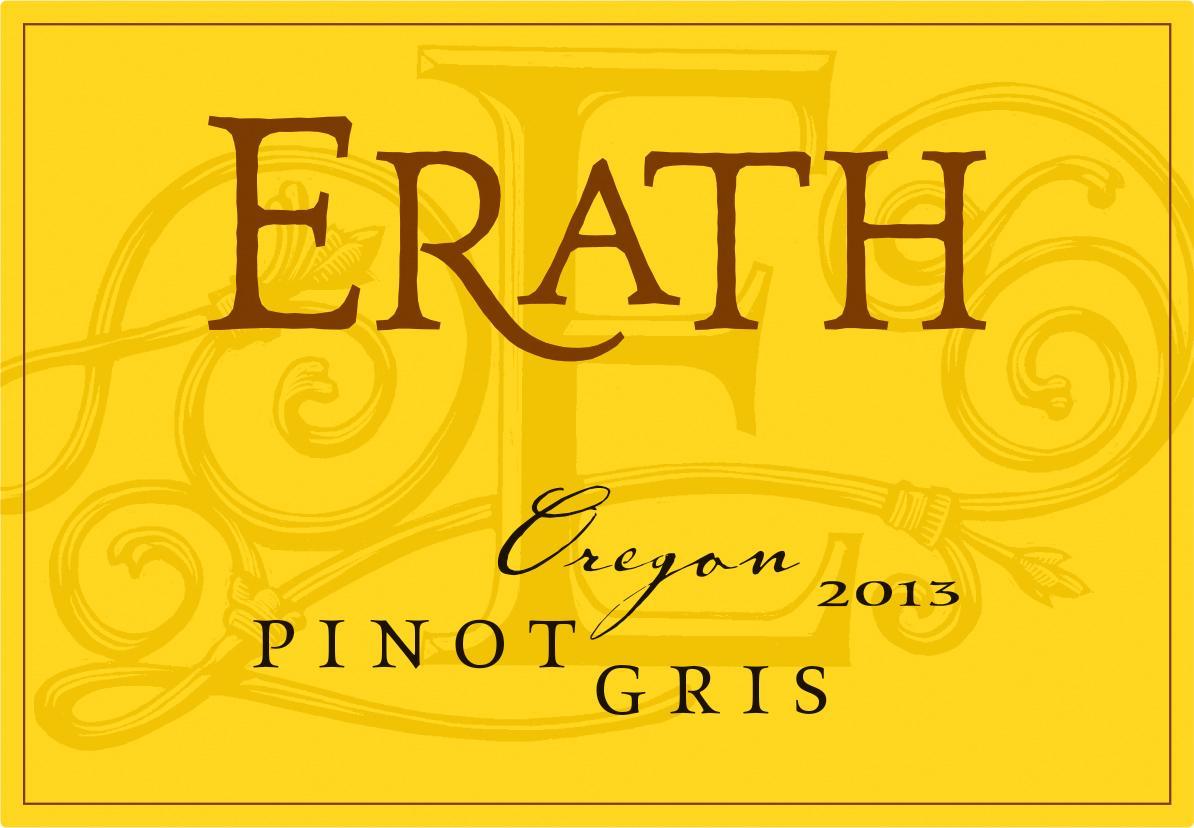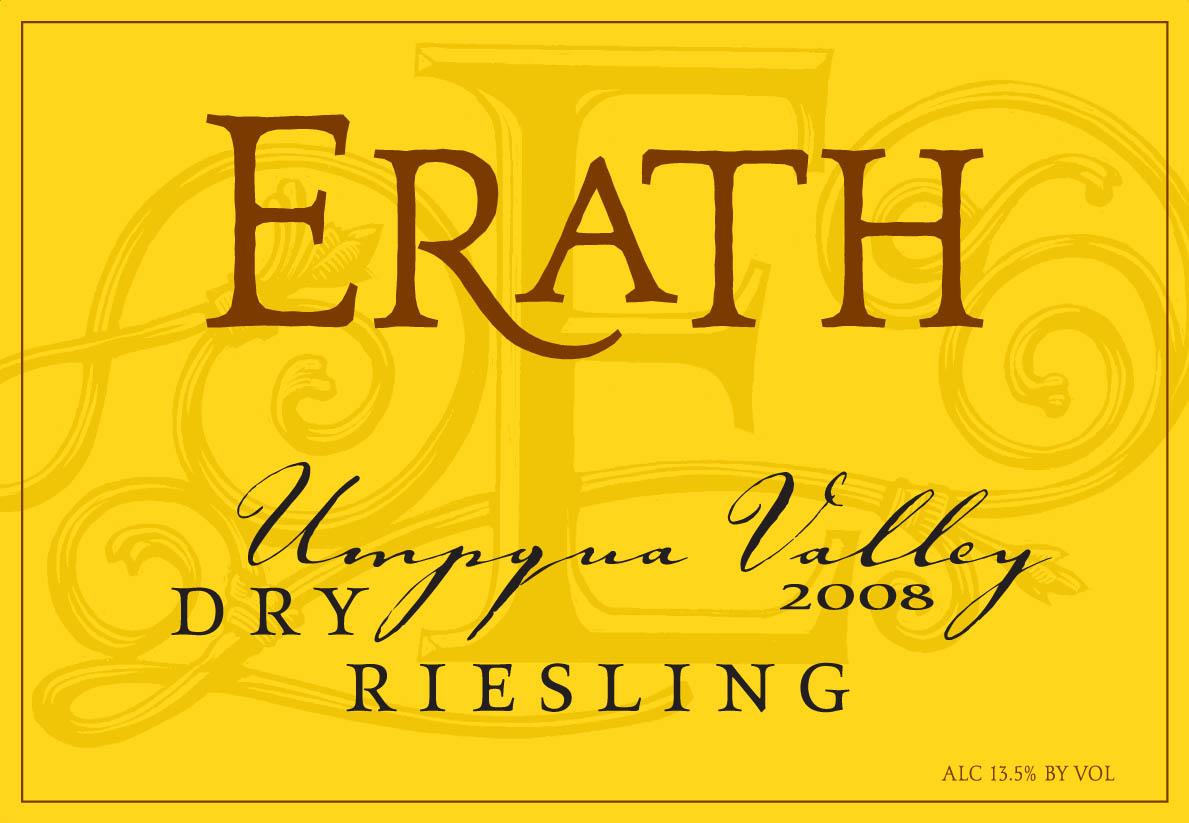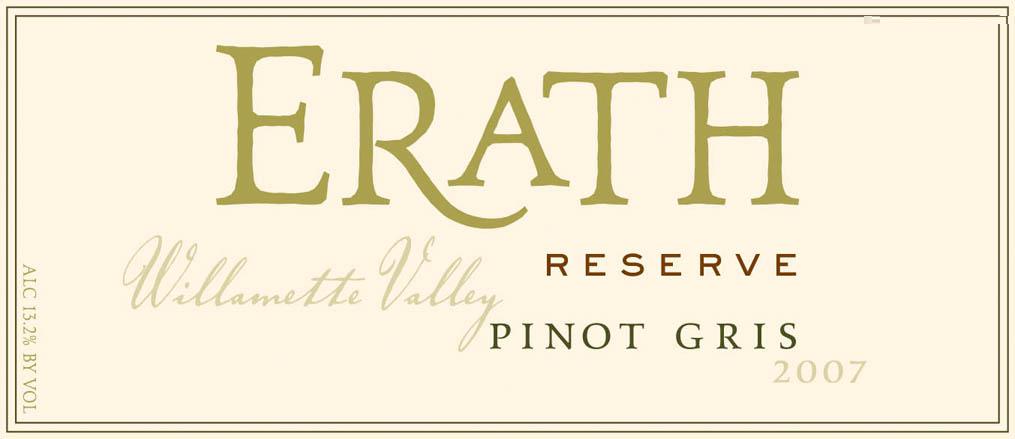Terroir of DOQ Priorat
DOQ Priorat's unique terroir is defined by its dramatic topography and distinct soils. The region's vineyards are perched on steep slopes and nestled in narrow valleys, necessitating manual "heroic viticulture." The dominant llicorella soil, a dark slate rich in mica, retains heat and pushes vines to dig deep for moisture, imparting a mineral-rich character to the wines.
The climate combines continental and Mediterranean influences, with hot, dry summers and cooler, wet winters. Limited rainfall and cooling northerly winds help maintain vine health. The high elevation and significant temperature swings allow grapes to ripen fully while preserving freshness, resulting in small, intensely flavored grapes. These elements contribute to Priorat's distinctive, concentrated wines, showcasing the region's commitment to sustainable, low-input farming and the essence of its rugged landscape.
Notable Wineries in DOQ Priorat
DOQ Priorat, with its striking landscape and historic roots, is famed for its exceptional wine producers who have revived and shaped the region's wine identity. Here are a few standout wineries:
-
Álvaro Palacios: A pivotal figure, his vineyard L’Ermita in Gratallops is among Spain's most celebrated, with his Finca Dofí setting high standards.
-
Clos Mogador: René Barbier's estate in Gratallops offers powerful blends with Mediterranean herb notes, aging gracefully over time.
-
Cellers de Scala Dei: Situated near the historic monastery, this winery offers classic wines, including old-vine and single-vineyard selections.
-
Vall Llach: Known for deep, complex reds crafted from ancient vines in Porrera.
-
Mas Doix: Family-run, this winery delivers concentrated yet elegant reds from slate-rich soils.
Sustainable Winemaking in DOQ Priorat
DOQ Priorat is at the forefront of sustainable winemaking, with many vineyards adopting organic and biodynamic practices. The region's rocky, low-yield terrains are ideal for minimal intervention, using cover crops and composting instead of synthetic inputs. Water conservation is essential here, with strict controls and innovative methods like terraced vineyards and deep-rooted old vines to combat dry conditions and prevent erosion.
Energy-conscious wineries are shifting to renewable sources, reusing historic buildings, and opting for lighter bottles and recycled packaging to minimize their carbon footprint. Priorat's commitment to sustainability is evident through numerous certifications and community initiatives that promote eco-friendly practices, responsible tourism, and environmental care. This dedication not only preserves the region's unique terroir but also ensures that its renowned wines continue to thrive in harmony with nature.
Wine Tourism in DOQ Priorat
Wine tourism in DOQ Priorat offers enriching experiences that delve into the region's storied winemaking culture. Visitors can partake in guided winery tours and tastings, sampling robust red wines and exploring cellars by appointment.
The scenic routes connecting villages like Gratallops and El Molar provide opportunities for outdoor enthusiasts to hike or bike through vineyard hills. For those interested in history, sites like the 12th-century Scala Dei charterhouse offer insights into the origins of Priorat's viticulture.
Culinary adventures abound, with local inns and winery kitchens serving authentic Catalan dishes like cured sausages and artisanal cheeses, expertly paired with the region's bold wines. The combination of natural beauty, historical depth, and culinary richness makes Priorat a captivating destination for those seeking to understand and appreciate the essence of its wines.



